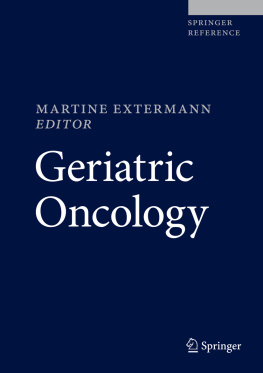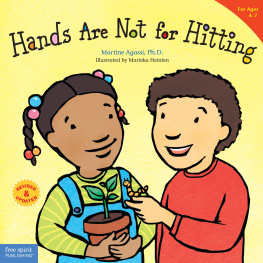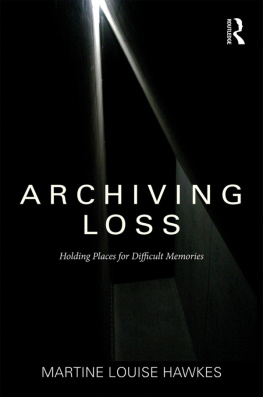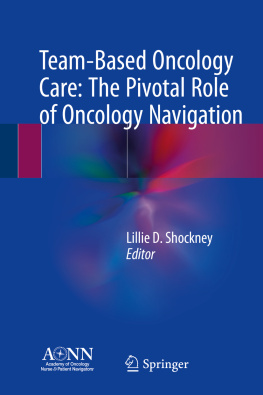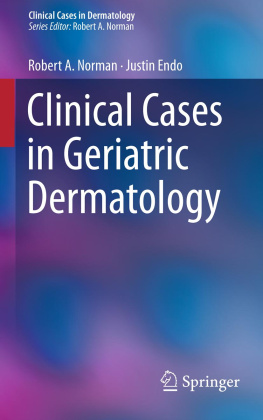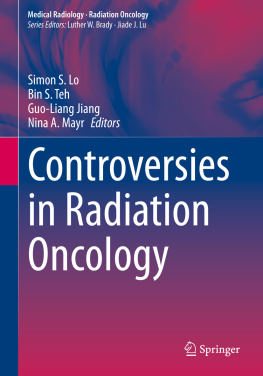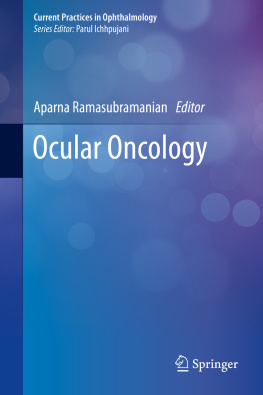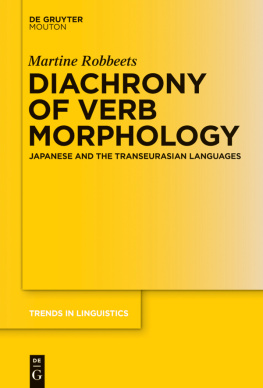Martine Extermann - Geriatric Oncology
Here you can read online Martine Extermann - Geriatric Oncology full text of the book (entire story) in english for free. Download pdf and epub, get meaning, cover and reviews about this ebook. year: 2020, publisher: Springer International Publishing, genre: Romance novel. Description of the work, (preface) as well as reviews are available. Best literature library LitArk.com created for fans of good reading and offers a wide selection of genres:
Romance novel
Science fiction
Adventure
Detective
Science
History
Home and family
Prose
Art
Politics
Computer
Non-fiction
Religion
Business
Children
Humor
Choose a favorite category and find really read worthwhile books. Enjoy immersion in the world of imagination, feel the emotions of the characters or learn something new for yourself, make an fascinating discovery.
- Book:Geriatric Oncology
- Author:
- Publisher:Springer International Publishing
- Genre:
- Year:2020
- Rating:4 / 5
- Favourites:Add to favourites
- Your mark:
- 80
- 1
- 2
- 3
- 4
- 5
Geriatric Oncology: summary, description and annotation
We offer to read an annotation, description, summary or preface (depends on what the author of the book "Geriatric Oncology" wrote himself). If you haven't found the necessary information about the book — write in the comments, we will try to find it.
Geriatric Oncology — read online for free the complete book (whole text) full work
Below is the text of the book, divided by pages. System saving the place of the last page read, allows you to conveniently read the book "Geriatric Oncology" online for free, without having to search again every time where you left off. Put a bookmark, and you can go to the page where you finished reading at any time.
Font size:
Interval:
Bookmark:
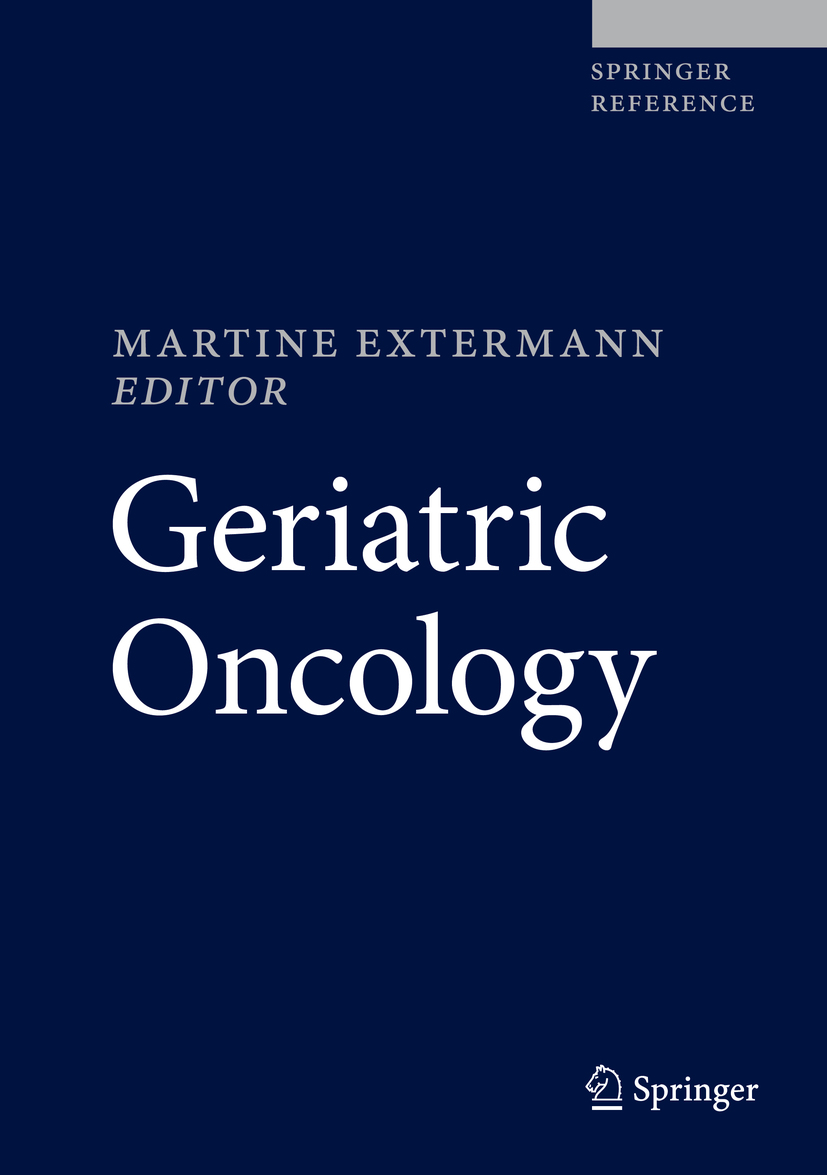

This Springer imprint is published by the registered company Springer Nature Switzerland AG.
The registered company address is: Gewerbestrasse 11, 6330 Cham, Switzerland
The management of new information is a major challenge for the modern practitioner of oncology. The reports in authoritative medical journals are weeks or months old and may sound obsolete to the readers. Big pharma learned how to bypass the news embargoes of scientific organizations and floods the internet with preliminary information concerning their products.
National guidelines organizations, such as the National Cancer Center Network (NCCN) practice guidelines, so far have provided a realistic approach to the sorting of incoming data. Thanks to panels of national experts, these organizations are able to incorporate new information in their guidelines very timely. In such informational landscape, it is legitimate to ask whether there is still room for medical textbooks that may require years to complete.
The new textbook ofGeriatric Oncologyby Martine Extermann, M.D., Ph.D., and colleagues provides several affirmative answers to this question.
The easiest answer is that the book lends itself to rapid updates thanks to a digitalized format. Most medical textbooks nowadays offer a digitalized edition, so this approach is definitely important but certainly not new or novel.
A number of more substantial answers may be found in the content of the book. More than a new discipline or a new specialty, more than a task force aimed to collect data on the management of older patients with cancer,Geriatric Oncologyis a new frame of mind. As such it needs to be properly articulated in the chapters of a book and cannot be collapsed in tweets or headlines. For the formation of practitioners of oncology and of geriatrics, a textbook of geriatric oncology may have the same weight as a textbook of human anatomy or human physiology for a first-year medical student.
The study of geriatric oncology includes the definition of age from a clinical and a biological standpoint, the interactions of age with cancer development, cancer growth and cancer treatment, the inclusion of social issues in medical decisions, and a decisional frame of reference aimed to provide personalized care based on individual life expectancy, tolerance of stress, and treatment goals. To further complicate the issue, aging itself is evolving. In his novelLa fin de la nuitpublished in the early mid-1930s, Franois Mauriac describes the main character as an older woman at age 45! Today it is not unusual for a woman to carry on a pregnancy even at a later age. It is common to hear that todays seventies are yesterdays fifties in terms of function and health. Parallel to the evolution of age are the advances in cancer understanding and treatment. We do need a construct of aging capable to accommodate these advances.
These different aspects of aging and cancer intersect each other as the threads of a carpet and generate what we call a complex situation. Complex from the Latin cumplexeremeans to weave together. In a sentence, we could say that geriatric oncology involves the management of complexity.
Management of complexity is definitely a new direction in medicine. Evidence-based medicine has been fed by the results of clinical trials that by definition excluded complex patients. The design of traditional trials was focused on the disease and for these reasons the selection criteria included excellent performance status, absence of multimorbidity, and social independence. Though most trials have removed an upper age limit from the inclusion criteria, nonetheless the majority of older people have been de facto excluded. While the older population has increased dramatically during the last decades and individuals over 65 represent now more than 50% of cancer patients in the Western world, the participation of older individuals to clinical trials of cancer treatment has not augmented, until clinical trials have been designed specifically for older individuals. Despite their role in advancing the treatment of cancer, clinical trials may not prove the best instruments to study complexity.
Based on decades-long experience in treating and studying of older patients, Dr. Extermann and her associate editors, all from the most prestigious institutions in the USA and abroad, have provided in this book a most valuable blueprint to the management of complexity. For the practitioners of oncology (physicians, advance practice professionals, nurses, pharmacist, dietitians), this book illustrates the assessment of functional age along with the unexpected interactions of aging and cancer treatment and alerts the readers about some unexpected findings, such as the higher risk of cancer-related mortality with advancing age. On this core message the practitioner may add new information as they emerge.
For the practitioners of geriatrics,Geriatric Oncologyprovides important information about new forms of cancer treatment that can be adapted to individual situations. Such information is essential to advise the patient and to establish a meaningful cooperation with their oncological counterpart. Until very recently, the only treatment available for metastatic non-small cell lung cancer was cytotoxic chemotherapy, which was unsuitable for frail patients. Today targeted treatment as well as immune checkpoint inhibitors may prolong the life and the quality of life even of these patients. Likewise, the management of oligometastatic disease with loco-regional treatment may relieve the symptom and prolong the survival of patients affected by different forms of cancer without the toxicity of systemic treatment.
Font size:
Interval:
Bookmark:
Similar books «Geriatric Oncology»
Look at similar books to Geriatric Oncology. We have selected literature similar in name and meaning in the hope of providing readers with more options to find new, interesting, not yet read works.
Discussion, reviews of the book Geriatric Oncology and just readers' own opinions. Leave your comments, write what you think about the work, its meaning or the main characters. Specify what exactly you liked and what you didn't like, and why you think so.

